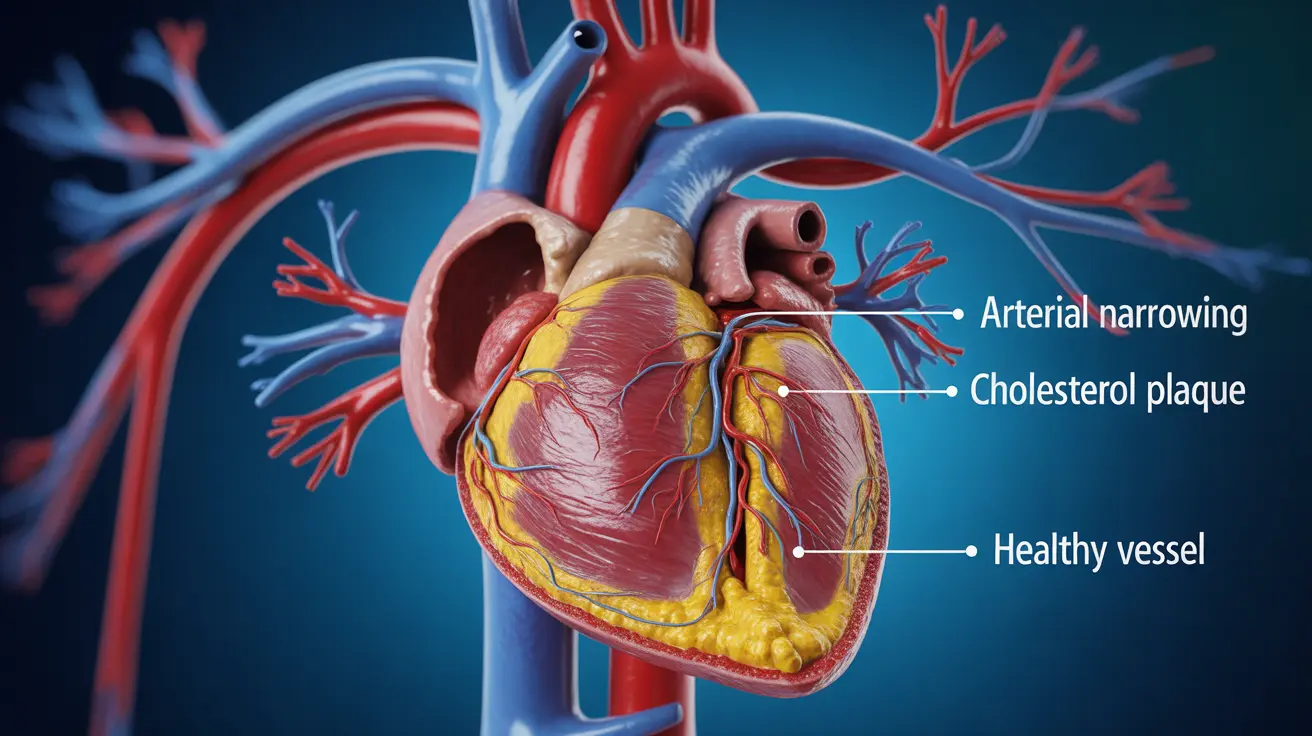Salmonella infection, while often causing relatively mild illness, can indeed become life-threatening under certain circumstances. Understanding the potential severity of this foodborne illness and knowing when to seek medical attention is crucial for protecting yourself and your loved ones.
This comprehensive guide explores the serious risks associated with salmonella infection, who's most vulnerable, and essential prevention strategies to keep you safe.
Understanding the Severity of Salmonella Infections
Salmonella infections typically cause gastroenteritis, but in some cases, the bacteria can enter the bloodstream and cause severe complications. While most healthy adults recover without specific treatment, certain groups face significantly higher risks of developing life-threatening conditions.
High-Risk Groups
The following individuals are particularly vulnerable to severe salmonella infections:
- Infants and young children
- Adults over 65 years
- Pregnant women
- People with weakened immune systems
- Those with chronic health conditions
- Individuals taking certain medications that suppress immunity
Recognizing Dangerous Symptoms
While most salmonella symptoms are uncomfortable but manageable, certain warning signs indicate a potentially life-threatening situation requiring immediate medical attention:
- Severe dehydration
- High fever (over 102°F/39°C)
- Bloody stools
- Severe abdominal pain
- Signs of sepsis
- Prolonged vomiting
Prevention and Food Safety
Preventing salmonella infection starts with proper food handling and preparation. Essential preventive measures include:
- Thoroughly cooking meat, poultry, and eggs
- Washing hands frequently while handling food
- Avoiding cross-contamination between raw and cooked foods
- Properly refrigerating perishable items
- Regular sanitization of kitchen surfaces
- Using separate cutting boards for raw meat and produce
Treatment Approaches
Treatment for salmonella infection varies depending on severity. While mild cases often resolve with rest and hydration, severe infections may require:
- Intravenous fluids
- Antibiotics (in specific cases)
- Hospitalization for monitoring
- Specialized care for complications
Frequently Asked Questions
Can salmonella infection be fatal and who is most at risk of dying from it?
Yes, salmonella infection can be fatal, particularly for individuals with compromised immune systems, the elderly, young children, and those with chronic health conditions. The risk of death is highest when the infection spreads beyond the intestines or leads to severe dehydration.
What symptoms and complications indicate a severe salmonella infection that requires hospitalization?
Severe symptoms requiring immediate medical attention include persistent high fever, severe dehydration, bloody stools, intense abdominal pain, and signs of infection spreading beyond the digestive system. Any symptoms lasting more than a week should be evaluated by a healthcare provider.
How can salmonella spread in food and what are the best ways to prevent infection at home?
Salmonella spreads through contaminated food and water, particularly raw eggs, poultry, and meat. Prevention includes thorough cooking, proper hand hygiene, avoiding cross-contamination, and maintaining clean kitchen surfaces. Always cook foods to safe internal temperatures and refrigerate perishables promptly.
How is salmonella infection treated, and when should someone seek medical care?
Mild cases are typically treated with rest, increased fluid intake, and over-the-counter medications for symptom relief. Seek immediate medical care for severe symptoms, signs of dehydration, or if you're in a high-risk group. Severe cases may require hospitalization and antibiotic treatment.
Can salmonella be contagious between people, and how can I avoid passing it to others?
Yes, salmonella can spread from person to person through the fecal-oral route. Prevent transmission by practicing thorough hand washing after using the bathroom and before handling food, avoiding food preparation for others while ill, and maintaining good personal hygiene until symptoms resolve completely.




